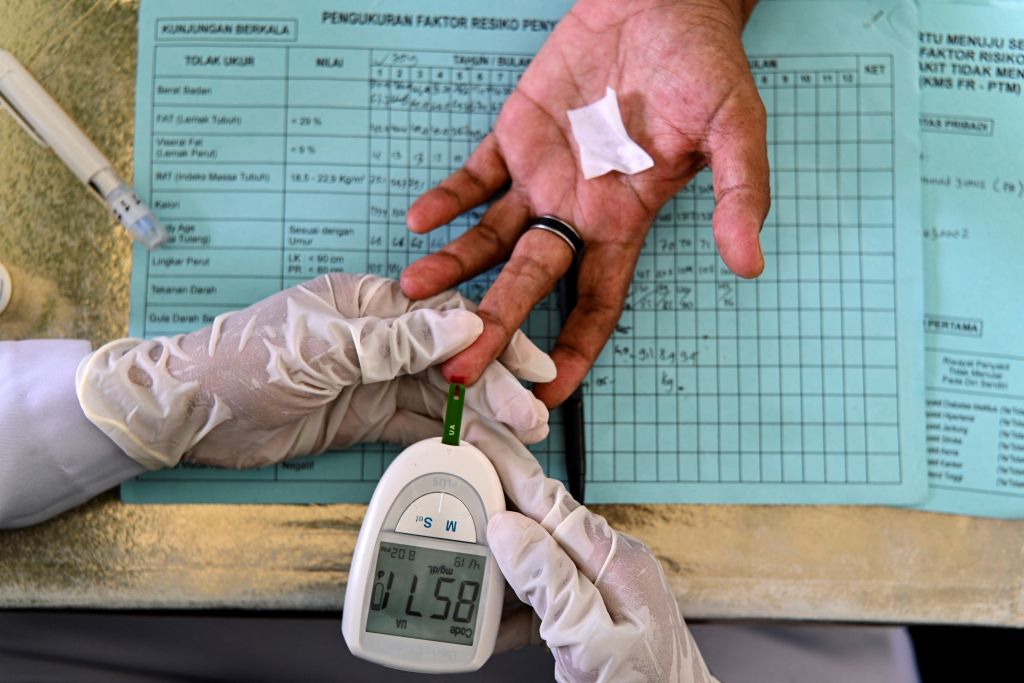Red Meat Consumption Linked to Increased Risk of Type 2 Diabetes, Harvard Study Finds
A new research study conducted Harvard University has revealed that even consuming just two weekly meals of red meat can significantly raise the risk of developing type 2 diabetes. This adds to the growing concerns regarding the health risks associated with red meat consumption. The research, which was published in the American Journal of Clinical Nutrition, analyzed data from over 200,000 participants and found that red meat eaters had a 62% higher risk of developing the metabolic condition compared to non-red meat eaters.
The study also highlighted that consuming processed red meat increased the risk of type 2 diabetes 46% per serving, while unprocessed meat raised the risk 24%. These findings indicate that both processed and unprocessed red meat are detrimental to overall health and increase the likelihood of developing type 2 diabetes.
Type 2 diabetes is a long-term metabolic condition that causes high blood sugar levels and can lead to serious health complications such as heart disease, kidney damage, and nerve damage. According to the World Health Organization (WHO), approximately 422 million people worldwide have diabetes, with type 2 diabetes being the most prevalent form of the disease. It is especially common in low- and middle-income countries and contributes to 1.5 million deaths annually.
In the United States, the Centers for Disease Control and Prevention reports that 37.3 million people, or 11.3% of the population, have diabetes, with 8.5 million people remaining undiagnosed. Over the past three decades, type 2 diabetes has been responsible for a significant number of kidney failures, heart attacks, strokes, blindness, and lower limb amputations globally.
Previous research conducted the National Institutes of Health has already indicated a link between red meat consumption and an increased risk of cardiovascular disease and certain types of cancer. These findings further reinforce the need for individuals to be aware of the potential health risks associated with consuming red meat.
It is essential to approach red meat consumption with moderation. While red meat does offer certain nutrients and health benefits, experts recommend reducing its intake and controlling portion sizes to minimize the risk of developing type 2 diabetes. Health professionals also suggest exploring alternative protein sources such as nuts and legumes, which not only offer health advantages but also contribute to lowering greenhouse gas emissions that contribute to climate change.
Dr. Walter Willett, a researcher from Harvard T.H. Chan School of Public Health and the lead author of the study, advises individuals to limit their red meat consumption. Even after considering variables such as obesity, the risk of developing diabetes remained high for those who consumed the most red meat compared to those who consumed the least.
The USDA’s Dietary Guidelines for Americans include red meat as a protein source, while the Mayo Clinic recommends moderate consumption of lean beef. Experts from Northwestern University Feinberg School of Medicine and Cornell University also emphasize the importance of red meat in providing essential nutrients like iron and zinc for bone and muscle health. However, it is crucial to note that a balanced diet with moderate red meat consumption and an increased intake of plant-based proteins may help reduce the prevalence of type 2 diabetes and its associated health risks.
As more evidence emerges regarding the health risks of red meat consumption, individuals are advised to make informed choices about their dietary habits. By prioritizing a varied and balanced diet, people can improve their overall health and potentially reduce the incidence of type 2 diabetes and other related conditions worldwide.
© 2023 TECHTIMES.com. All rights reserved. This article may not be reproduced without permission.

